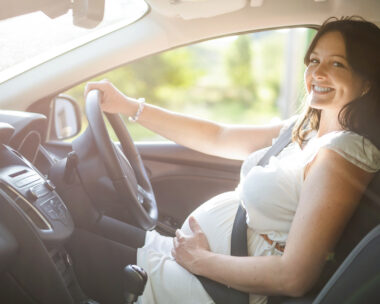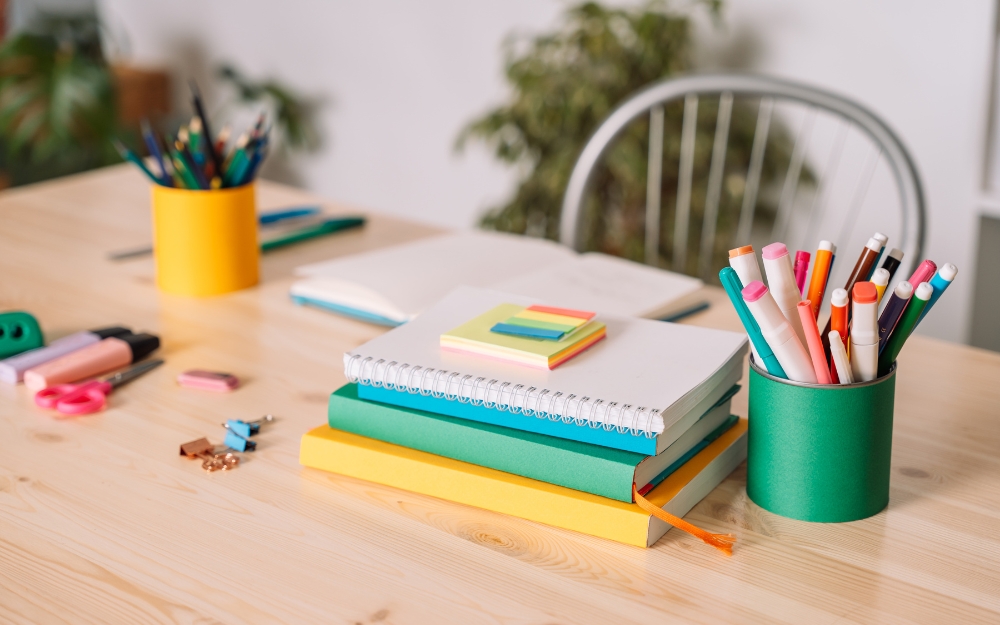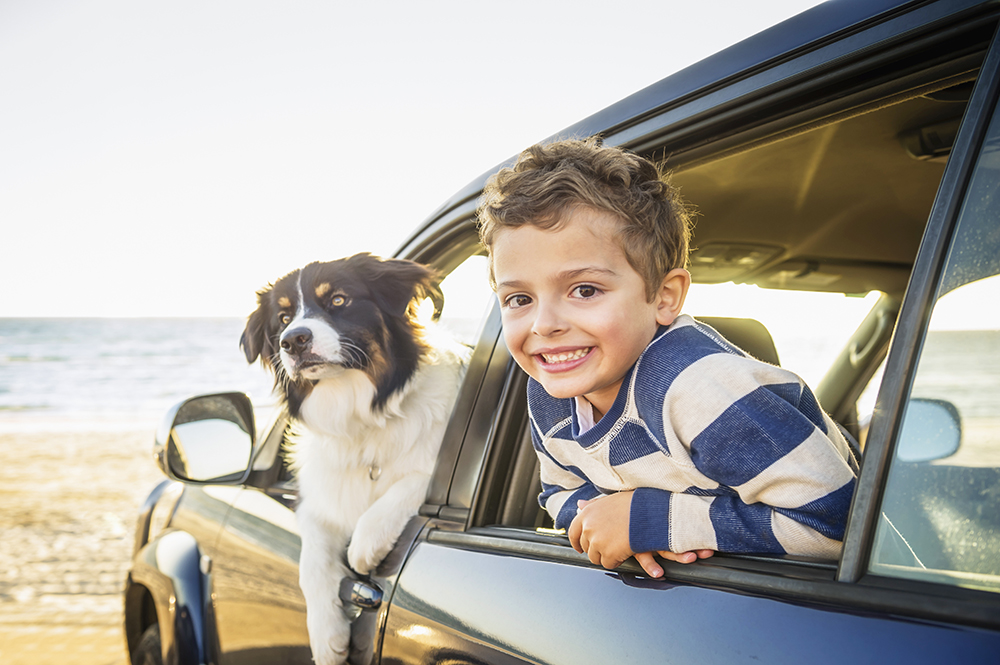Toilet training is a milestone in any child’s life but it can also be an extremely stressful experience for both the parents and the toddler. We’re so used to having control over our bladders and bowels and knowing when to go that it’s hard to understand how tricky it can be for our little ones to master toilet training. One of the most important things is to have patience. Here are some tips that might help:
There’s no point in trying to train your child to use the potty until they are ready, so it’s important to recognise the signs. These include telling you that their nappy is dirty and disliking having a wet or soiled nappy; having dry periods of at least two hours; showing an interest in other people’s bathroom habits; and showing signs that they need to go, such as clutching their nappies.
Learn to spot the signs that your child needs to urinate or defecate and see if they will get on the potty as soon as possible. If you can whisk them on quickly and they go, they will understand the connection between the sensation of needing to go and using the potty.
Don’t force your child to sit on the potty if they don’t want to. They could end up feeling traumatised and associate the potty with feeling upset, which will set back toilet training.
Rewarding your child for using the potty is a contentious subject. Some
parents swear by it and find things such as star charts, with the promise of a toy or treat, provide great motivation. Others don’t want to get into the habit of offering rewards for getting the hang of a natural, ongoing process – when do you stop rewarding them? Whether you use rewards or not, do praise them whenever they sit on the toilet – even if they don’t manage to go.
Don’t punish them if they have an accident while they’re nappy-free. They won’t have done it deliberately and getting cross at them about accidents may make them want to go back to wearing a nappy.
**It’s not a wise idea to start toilet training if you or your child are going through a
stressful or difficult time.** For example if you’re moving house, changing jobs, returning to work or having a new baby, this may not be the right time. If your child has been sick – especially if they’ve had stomach upsets causing diarrhoea – hold off until things are more settled.
**Encourage your child to sit on the potty or toilet for 15 to 30 minutes after eating
or drinking. **This is when they may need to relieve themselves. If they do something in the potty, praise them. If not, don’t make them stay there in the hope they will go.
When they poo in their nappy, let them see you dumping it in the toilet and flushing it away. Tell them that’s where poos go so they make the association.
Make sure your child’s clothes are suitable for potty training. Avoid anything that is difficult to get off in a hurry, such as dungarees or romper suits, and encourage them to practise undressing quickly so they can use the potty.
When you first start potty training boys, get them to sit on the toilet when they wee. It’s too hard for them to master everything to start with. Standing up and learning to aim can come later, with practice.
Talk to all your child’s caregivers. Have a chat with daycare staff, babysitters and grandparents about how you are dealing with toilet training, to make sure you are all doing the same thing. Consistency is important.
Don’t be frustrated if your child is doing bowel motions in the potty but still wetting themselves. They generally get more warning from their body about needing to do a poo and the sensation is more easily recognisable (especially if they are passing wind) while the feeling that they need to wee can be less obvious. Plus the muscles around the bowel are better at holding in substances than those around the bladder are at containing liquid.
Don’t panic if it seems to be taking your child longer to stay dry than other kids their age. Some children just take longer – it doesn’t mean there is something wrong with them or you are a useless parent. Just keep encouraging and praising them without making a big deal about it.
WHEN SHOULD YOU SEEK HELP?
Most kids will start potty training at two-and-a-half to three years, though it can be earlier if they seem ready. If your three-year-old shows no inclination at all to use a potty or toilet despite lots of positive encouragement, you may want to talk to your doctor. It’s also a good idea to get your child checked out if they have been fully trained for some time and then seem to regress and start wetting themselves regularly. It could be due to a urinary infection or even a response to stress.




